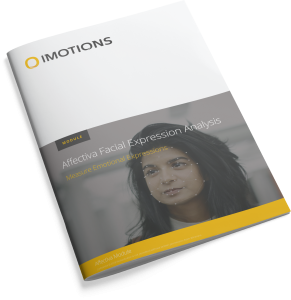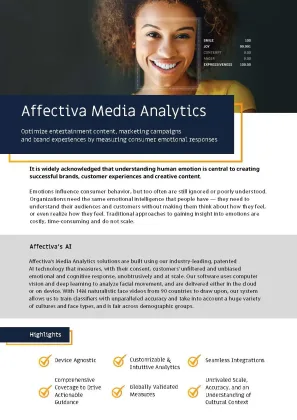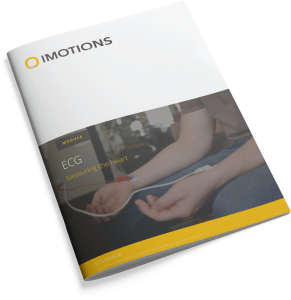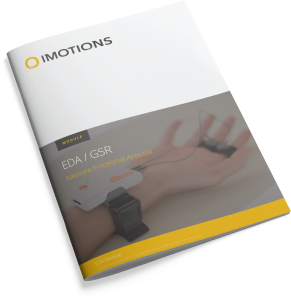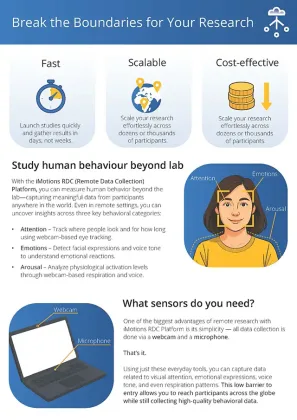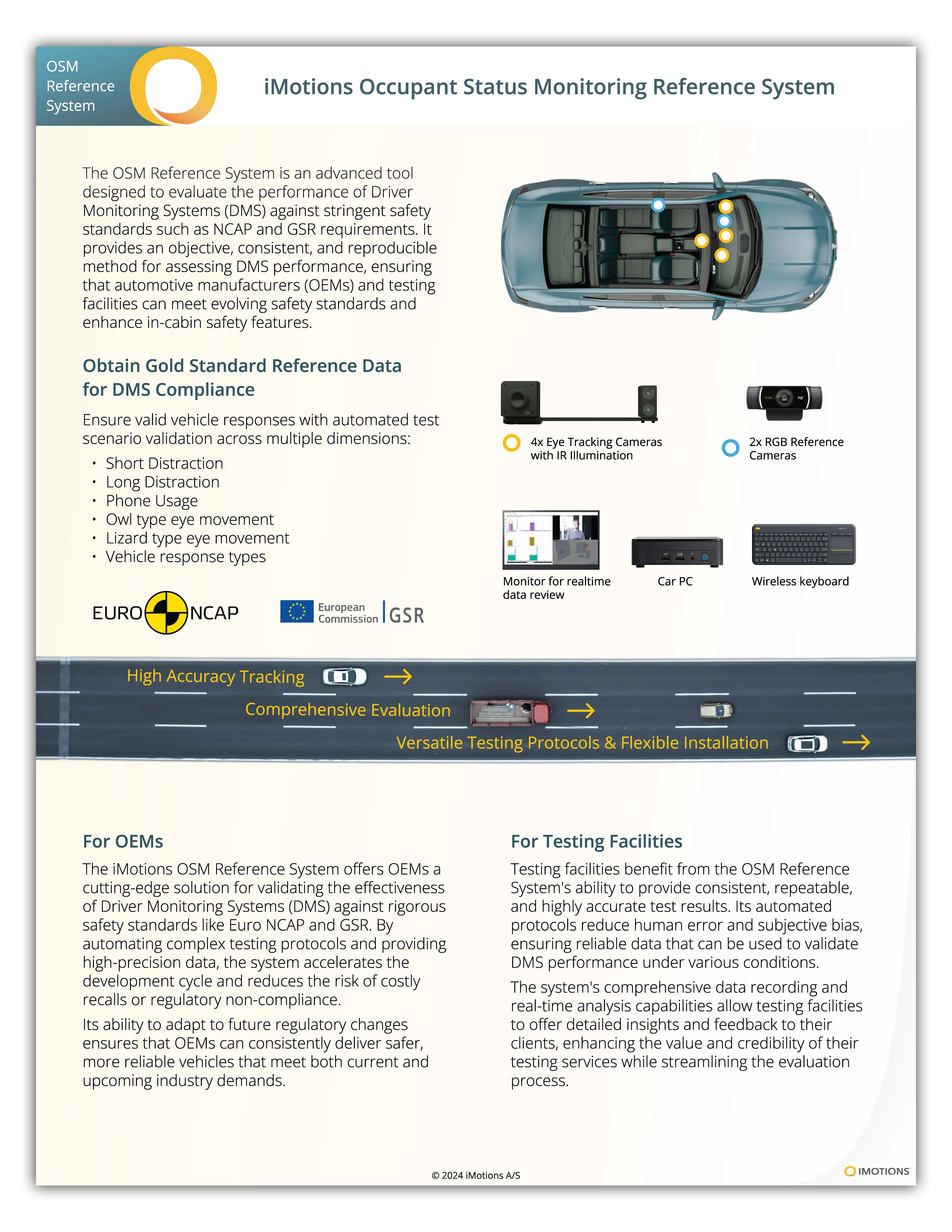Negatively biased cognitive response to infant stimuli during pregnancy is associated with increased postpartum depression (PPD) risk. This proof-of-concept study aimed to investigate the feasibility and effects of a two-week affective cognitive training intervention on cognitive responses to emotional infant stimuli for pregnant participants at risk of PPD. Forty-three participants were included: 23 at high risk and 22 at low risk of PPD. Cognitive response to emotional infant stimuli was assessed at baseline, immediately after the intervention and at a two-week follow-up for the intervention group (n = 16) and twice over two weeks for the comparison group. The intervention was feasible, as 80% completed all sessions and gave positive feedback. The intervention group showed increased sensitivity to happy infant faces (p-values < 0.02, d > 0.1), more infant-directed facial expressions (p < 0.001, d = 0.6), greater attention toward infant stimuli (p = 0.04, d = 0.2), and reduced negative reactivity to infant distress (p = 0.01, d = 2.6). The increased sensitivity to happy infant faces correlated with fewer depressive symptoms six months after birth (r = −0.59, p = 0.03). Interpretation of the results is limited by the lack of a high-risk control group and small sample size. Randomised controlled trials are now warranted to investigate whether the effects of prenatal affective cognitive training on affective cognitive response to infant stimuli confer reduced risk of PPD.
Related Posts
-

Multiface Analysis in Action: Advanced Methods for Studying Facial Expressions in Group Settings
-

Memory and Visual Attention: 5 Foundational Eye-Tracking Experiments
-

Converting Raw Eye-Tracking Data into Cognitive Load Indicators
-

Desire Before Delight: Why Wanting Drives Consumer Choice More Than Liking



